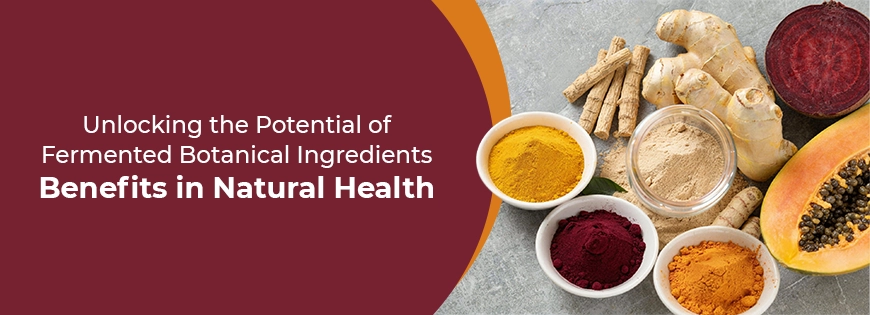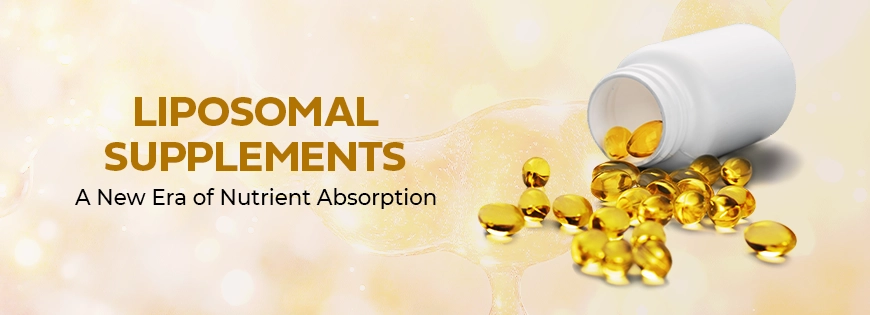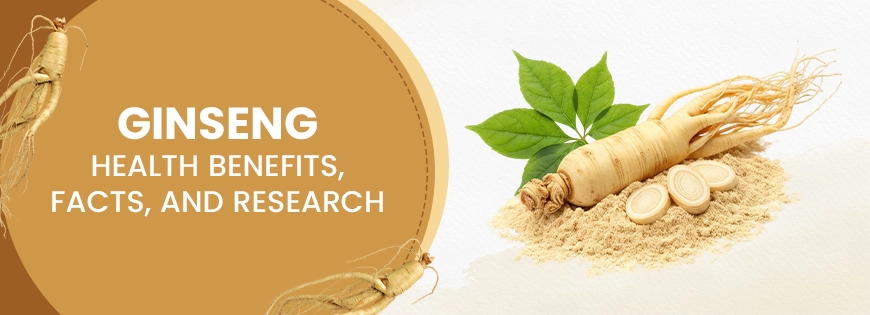Thyme essential oil, derived from the herb Thymus vulgaris, has been used for centuries in traditional medicine and culinary applications. This versatile oil is known for its potent antifungal, anti-inflammatory, and antibacterial properties. Here are seven key uses and benefits of thyme oil:

1. Acne Treatment
Thyme oil has been shown to be effective in treating acne due to its antibacterial and antiseptic properties. A study found that thyme oil was more effective than benzoyl peroxide in reducing acne lesions.
A study published in Microorganisms explored the antimicrobial and anti-inflammatory effects of thyme essential oil (EO) on acne-causing bacteria. The research demonstrated thyme EO’s potent antibacterial activity against Cutibacterium acnes and Staphylococcus epidermidis, key contributors to acne.
Thyme EO disrupted bacterial cell membranes, causing leakage of intracellular contents, and showed strong anti-biofilm properties. The study further developed a thyme EO nano emulsion, which effectively reduced inflammation and bacterial load in an in vivo acne model, outperforming the standard antibiotic clindamycin. This suggests thyme EO nano emulsion as a promising natural alternative for acne treatment.
Also Read: A Comprehensive Guide to Essential Oil Extraction Methods
2. Hair Growth Stimulant
Thyme oil, when combined with other essential oils like lavender, rosemary, and cedarwood, can help stimulate hair growth. Massaging a mixture of these oils into the scalp daily for several months may help improve hair density.
3. Oral Health Booster
The thymol in thyme oil has anti-inflammatory and antibacterial effects that can benefit oral health. Thymol is an ingredient in several dental products.
The study aimed to develop a chitosan (CS) dental film loaded with thymol (TH) and eugenol (EU) for treating periodontitis. Thymol and eugenol demonstrated antibacterial and antifungal activities against S. mutans and C. albicans, with inhibition zones of 10±2mm and 10±4mm for thymol, and 2.1±3mm and 3±2mm for eugenol, respectively.
Minimum inhibitory concentrations ranged between 100-150mg/mL. The CS films, prepared by solvent casting, exhibited promising physicochemical properties and in vitro antibacterial activity, indicating their potential as a topical drug delivery system for periodontal therapy.
Also Read: Coconut Oil: Beneficial or Harmful?
4. Respiratory Support
Thyme oil has been traditionally used as an expectorant to help clear mucus from the respiratory tract. It may also help alleviate symptoms of bronchitis and upper respiratory tract infections.
This randomized clinical trial aimed to evaluate the effects of Thymus vulgaris (thyme) essential oil inhalation therapy on airway status and oxygen saturation in patients under mechanical ventilation. The study included 66 patients, divided into experimental and control groups.
The experimental group received thyme essential oil nebulization every eight hours for three days, while the control group received distilled water. The findings showed that thyme inhalation significantly reduced airway secretions, decreased airway pressure, and improved oxygen saturation. These results suggest that Thymus vulgaris inhalation therapy may be beneficial in managing respiratory conditions in ventilated patients.
Also Read: Untapping The Power of Nature: Essential Oil Extraction Methods
5. Antioxidant Properties
Thyme oil contains compounds like carvacrol and thymol that have potent antioxidant properties. Studies have shown that thyme oil can help maintain higher levels of antioxidant enzymes like superoxide dismutase (SOD) and glutathione peroxidase (GPx) in various tissues.
The study found that thyme (Thymus vulgaris) waste extract, even after steam distillation, still contains potent antioxidants. When added to oil-in-water emulsions made with almond and wheat germ oils, the extract helped prevent lipid oxidation, improving the stability and quality of the emulsions over time. It was particularly effective at concentrations of 0.02% and 0.04%, making it a promising natural alternative to synthetic antioxidants in food and cosmetic products.
6. Anti-inflammatory Effects
The anti-inflammatory properties of thyme oil have been well-documented. Studies in mice and rabbits have shown that thyme oil can help suppress inflammation and reduce markers of inflammation like malondialdehyde.
A review of thyme oil (TO) and its main components—thymol, carvacrol, p-cymene, γ-terpinene, and linalool—highlighting their anti-inflammatory, antimicrobial, and anticancer properties. Each component has distinct therapeutic benefits, such as thymol’s anti-inflammatory effects and carvacrol’s antimicrobial and anticancer activities.
The review suggests that optimizing the formulation of these components could enhance the potency of TO for therapeutic applications, potentially even in combination with synthetic drugs for improved efficacy and reduced side effects.
7. Potential Anticancer Activity
Recent studies have suggested that thyme oil and its main compound, thymol, may have anticancer properties. They have been shown to inhibit the growth of various cancer cell lines, including breast, prostate, and lung cancer.
The study highlights the anticancer potential of Thymus vulgaris (thyme) in breast cancer, demonstrating significant tumor reduction in both in vivo and in vitro models. Thyme was found to inhibit tumor growth by up to 85% in mice and reduced tumor frequency by 53% in rats.
It also induced apoptosis, caused cell cycle arrest, inhibited angiogenesis, and reduced oxidative stress in breast cancer cells. Additionally, thyme was shown to modulate epigenetic changes, such as reducing the methylation of tumor suppressor genes and altering histone markers, while also decreasing the expression of cancer stem cell markers.
These findings suggest that thyme could serve as a promising chemopreventive and therapeutic agent against breast cancer, although further research is needed to fully understand its efficacy and mechanisms in humans.
It’s important to note that while thyme oil shows promise in these areas, more research is needed to fully understand its therapeutic potential. Additionally, thyme oil should be used with caution, as it can cause allergic reactions in some individuals.
In conclusion, thyme essential oil is a versatile and beneficial natural product with a wide range of applications. From treating acne and stimulating hair growth to supporting respiratory health and potentially fighting cancer, thyme oil offers a wealth of benefits for overall health and well-being.
References:
- https://www.ncbi.nlm.nih.gov/pmc/articles/PMC6479806/
- https://www.ncbi.nlm.nih.gov/pmc/articles/PMC10138399/
- https://www.ncbi.nlm.nih.gov/pmc/articles/PMC6719112/
- https://www.sciencedirect.com/science/article/abs/pii/S2212958820301609
- https://www.ncbi.nlm.nih.gov/pmc/articles/PMC4054083/
- https://www.healthline.com/health/thyme-oil#benefits-uses
- https://www.indiandrugsonline.org/issuesarticle-details?id=OTQx
- https://www.ncbi.nlm.nih.gov/pmc/articles/PMC9503056/
- https://cdn-links.lww.com/permalink/nt/a/nt_51_1_2015_12_01_singletary_13005_sdc1.pdf
- https://www.ncbi.nlm.nih.gov/pmc/articles/PMC7571078/
- https://www.sciencedirect.com/topics/neuroscience/thyme-oil
- https://nikura.com/blogs/essential-oils/benefits-and-uses-of-thyme-oil
- https://www.researchgate.net/publication/374570704_Thyme
- https://www.tandfonline.com/doi/full/10.1080/1828051X.2016.1245594
Disclaimer: The Statement has not been evaluated by the EFSA, KFDA or FDA. This product is not intended to diagnose, treat, cure, or prevent any disease. While the information provided is based on credible references, we do not make any specific claims or guarantees. It is important to consult with your healthcare advisor for personalized advice and guidance related to your health.






